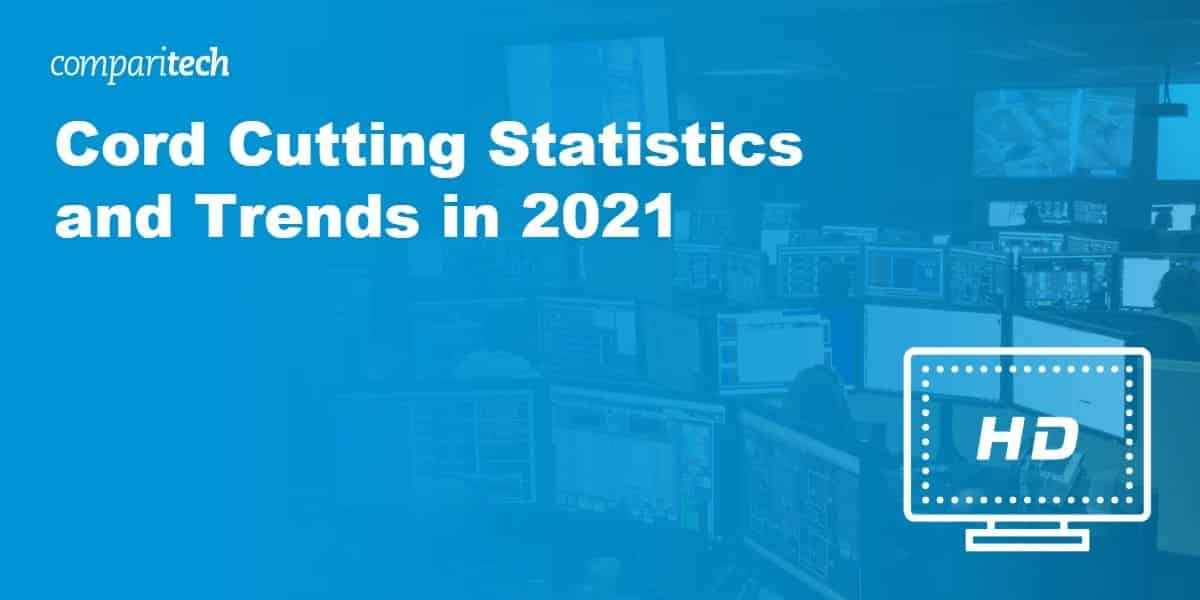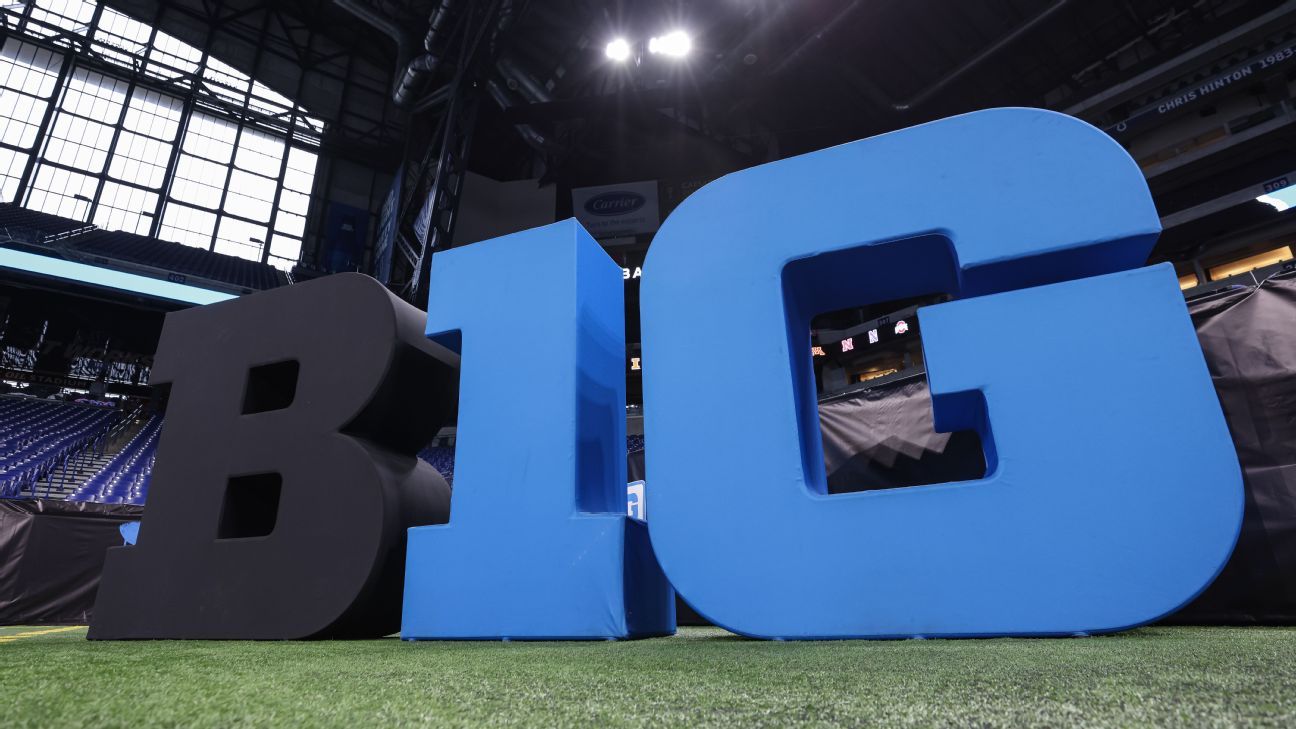nelsonmuntz
Point Center
- Joined
- Aug 27, 2011
- Messages
- 44,145
- Reaction Score
- 32,994
ESPN was on every cable box in the country, and had a critical mass of sports programming to give it good positioning on those boxes, often with multiple spots in the first 50 channels. That real estate in the cable channel directory was really valuable, 20 years ago. In a streaming world where every content provider can go direct to consumer, that real estate is virtually worthless. It is no easier or harder to find ESPN than it is to find any other content provider.
It is not just the channel, but the broadcast times, that gave ESPN a massive advantage over other channels. ESPN's willingness to commit blocks of time to sports programming gave it an advantage over say CBS or Fox or NBC, who would have to preempt something else to broadcast a game. That is not the case anymore. ParamountPlus (aka CBS) or Apple or even MAX can broadcast a game to any user that wants to watch it. This has simultaneously made the content more valuable to every streaming service, and less valuable to ESPN, because ESPN has lost one of the things that gave it a monopoly position. The non-SEC, non-Big 10 leagues are no longer competing with each other to get whatever broadcast slots are left on ESPN.
ESPN has had a monopoly on much of sports programming, particularly for college sports. Those days are over. Any conference can easily access their fans directly or with any broadcast partner. The technology is fairly basic now, the production costs are manageable, and sports programming is valuable to lots of potential buyers.
This has been one of my biggest arguments against the panic worrying of a massive concentration of market power by 2 or 3 conferences. Other than restricting access to scheduling their members, it is really difficult for the P2 to enforce their market power on other leagues.
The cable model was really about forcing people who didn't use ESPN to pay for ESPN, or ESPN would pull itself off the cable system. There were dozens of public spats between ESPN and cable providers over pricing, and ESPN won every time, because it was basically a sports monopoly. This ability to force every single cable subscriber to pay ESPN's carriage fee was a massive revenue producer for ESPN, and made it difficult for anyone to compete with it. Fox had the financial muscle to get a foothold with a few conferences, and no one else could compete at all. Those days are over. Everything is going to be a la carte soon.
The streamers all have the same problem. Original content is insanely expensive, and the audience response is uncertain. For example, Apple's The Morning Show costs $15 million an episode to produce. That is $150 million a season, for 10 hours of content, that a user can just wait until they have all been released, sign up, binge watch them all, and then cancel Apple until the next season comes out in 18 months. Apple needs enough new content to keep subscribers from cancelling.
Max, ParamountPlus, Peacock and Hulu/Disney have huge libraries, but Apple does not, and Netflix has a lot of junk in theirs. The libraries may keep subscribers on for a while, but all of them need to produce new content, and that is expensive, and can be gamed by subscribers. Sports can not be gamed. It needs to be watched when it is played, and the streamer can advertise during it and viewers won't switch or turn it off.
What evidence do I have? ESPN just paid a boatload for the Big 12 and SEC. Either you have to assume that ESPN is stupid, or that they are going to make a return on that massive investment, even in a streaming world. In a fragmented streaming market with few barriers to entry beyond money (which all of the streamers already have), if those leagues are worth that much to ESPN, then other content must be worth a lot to someone else too.
I made these two posts a week ago in Non-Key Tweets, and there was a bit of discussion about them, but then someone post the latest Swaim nonsense and the thread went a different direction. Basically, UConn's next move is a bet on streaming vs. broadcast. The Big 12 is a ragtag band of formerly major programs that want to be major again, and they have a really nice broadcast contract with ESPN and Fox, and certainly nice relative to what one would expect them to have given the league's composition. How will that translate to a streaming world?
The entire entertainment revenue model has changed dramatically in the last decade. Do people really think this massive shift is not going to impact sports? All these media contracts are predicated on a network broadcast model, not a streaming model. Those two things are radically different.
Broadcast was about finding the best matchup for the 3:30 pm slot on ABC or CBS, or the 7:30 slot on ESPN. Which teams would draw the most casual fans? A good place to start is with the teams that were traditionally good (Michigan, Ohio State, Georgia, Alabama, USC, Texas, Notre Dame, etc.). ESPN would pay up for those teams to lock in the big games, and because ESPN has the best channel real estate on the cable networks, they were able to box out the other networks. Once ESPN had a critical mass of content, then they effectively had a monopoly, and they could force every cable subscriber, whether they were a sports fan or not, to pay them. THAT was how ESPN became so powerful in sports broadcasting. Those days are over.
ESPN now has to draw subscribers directly to their service, and ESPN is no easier or more difficult to find than any other streaming service. And if I want to watch a Big East game or a MWC game or whatever, I can probably find it online just as easily as I can find an SEC game. This makes the Big East and MWC games more valuable, but also makes the SEC games less valuable. Fans do not need to accept what CBS or ESPN chooses to broadcast. They can watch exactly what they want, when they want. This should have the effect of balancing out a revenue gap that has always defied explanation. Why is a football game between Minnesota and Michigan State worth 40x a football game between Utah State and New Mexico? That revenue disparity exists because the Big 10 negotiates as a block and the MWC negotiates as a block, and because the Big 10 has more programs that can fill a prime slot, the Big 10 gets paid 40x what the MWC gets paid, even though the difference in viewers will probably not be 40x between every Big 10 program and every MWC program.
What does it mean for UConn? Let's see what the Pac 12 gets. It will probably be the first truly bridge contract to the streaming era of sports broadcasting.


